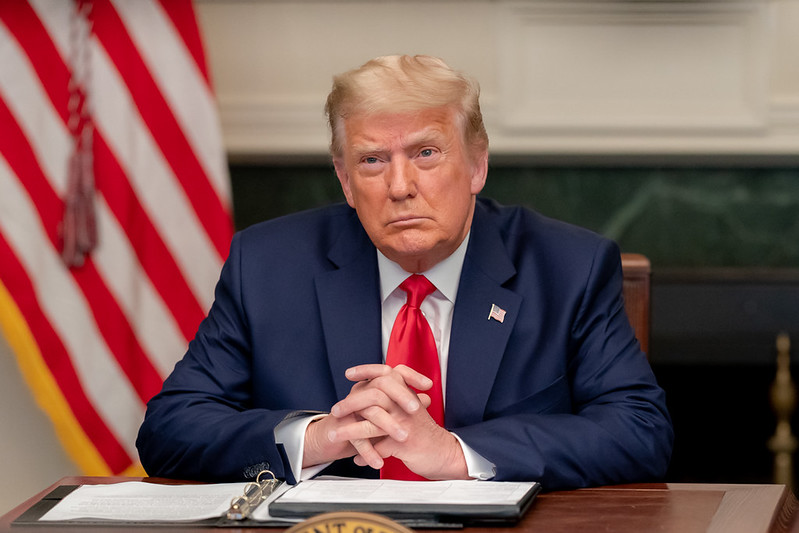During a recent Senate Intelligence Committee meeting, senior officials from the Trump administration identified fentanyl and the drug cartels trafficking it into the United States as the most pressing national security threat currently facing the country. According to Director of National Intelligence Tulsi Gabbard, cartels were largely responsible for over 54,000 deaths from synthetic opioids during the year ending in October 2024.
“This report evaluates what the IC assesses most threatens our people and our nation’s ability to live in a peaceful, free, secure and prosperous society,” Gabbard said during the committee hearing. The U.S. Intelligence Community’s annual threat assessment, released on Tuesday, estimated that cartel activity was responsible for 52,000 deaths attributed to fentanyl alone.
This warning comes amid a broader drug overdose crisis that claimed 84,000 lives in the U.S. during the same period, according to the Centers for Disease Control and Prevention (CDC). Senator Tom Cotton (R-AR), who chairs the Intelligence Committee, underscored the severity of the fentanyl epidemic, noting that the Trump administration has made fighting the drug a top priority. Cotton pointed out that, for the first time, the annual threat assessment ranks foreign illicit drug networks as the top national security threat—surpassing traditional concerns such as Iran, North Korea, and Russia.
Senator Cotton pointed to the central role of Mexican cartels in the fentanyl crisis, noting that they use industrial chemicals—often imported from China—to produce the deadly synthetic opioid. Their dominance over the flow of fentanyl into the U.S. has significantly worsened the nation’s drug epidemic. His remarks came during a broader hearing in which U.S. intelligence officials faced questions about China’s involvement in the global fentanyl trade.
The growing fentanyl crisis spurred the Trump administration to take bold action, including imposing tariffs on China, Canada, and Mexico—measures President Donald Trump said were necessary to curb fentanyl trafficking. His administration also made a major policy shift by designating drug cartels as terrorist organizations through an executive order. Trump further pushed for extreme penalties for drug dealers, including advocating for the death penalty. These moves reflected the administration’s deepening alarm over the devastating impact of fentanyl on American communities.
Despite these efforts, the crisis has endured. While opioid-related deaths have declined slightly in recent years, they remain at troubling levels. According to the CDC, fatal overdoses fell by 26% between 2023 and October of the following year. Still, the scale of the epidemic remains a serious concern for lawmakers and public health officials alike.



